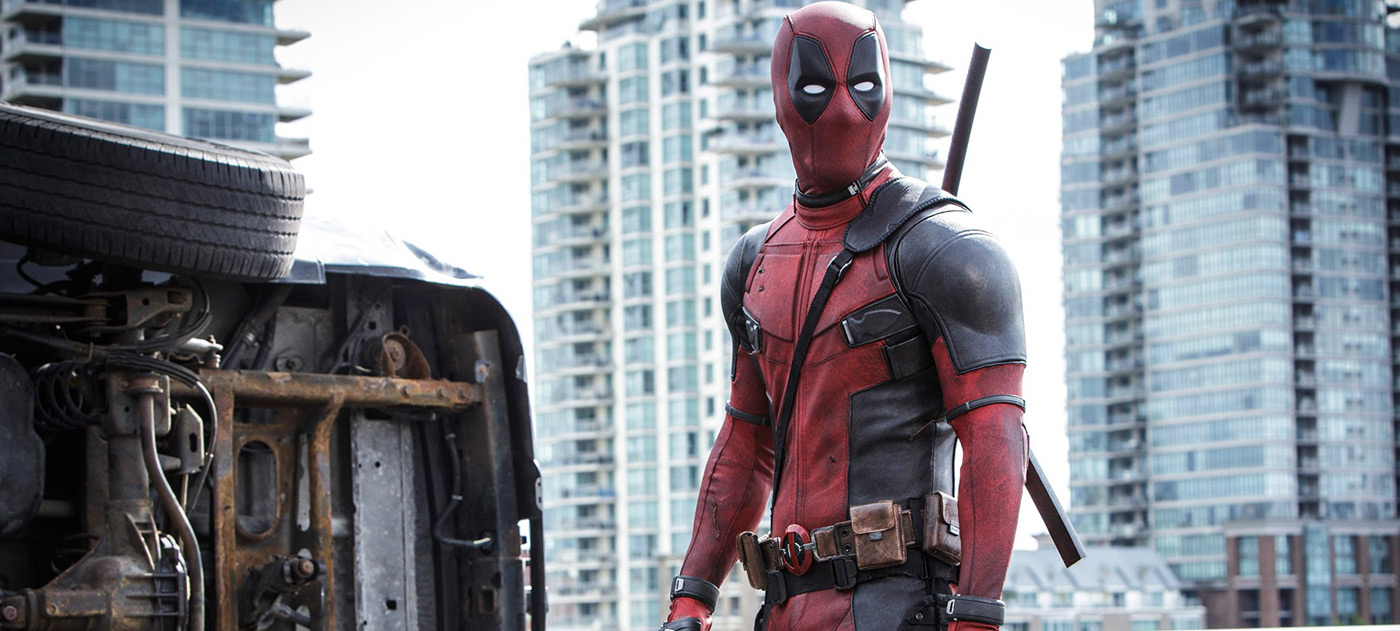A year ago, in mid-January, Clint Eastwood’s American Sniper expanded into wide release and became an instant phenomenon. It quickly assumed its position as the highest-grossing film of 2014 and picked up some major Oscar nominations, including one for Best Picture. So it makes complete sense that the very same weekend this year saw the release of 13 Hours: The Secret Soldiers of Benghazi, the new film from director Michael Bay, and only his second non-Transformers film in 10 years. Clearly, the studio was hoping that mega-success would strike twice, that this particular weekend was a magical one that makes people want to watch war thrillers. The thing that Eastwood’s film had going for it, however, was that — in spite of some deeply troubling politics and rah-rah patriotism — it was actually really good. 13 Hours is not a terrible film, but neither is it one that anyone will remember this summer, let alone during next Oscar season.
The film is a dramatization of the September 11, 2012 attack on the U.S. embassy in Benghazi, Libya by Islamic militants, which resulted in the deaths of U.S. Ambassador Chris Stevens and information management officer Sean Smith, among others. Focusing on the six CIA contractors who happen to be in town when these events transpire and so lead the battle against the militants well into the night, the film doesn’t dwell too much on plot or character — beyond an opening act that serves to establish context and introduce the main players, 13 Hours is at its core nothing more than a re-enactment of the attack.
And I mean it when I say the film re-enacts the attack; it re-enacts seemingly every damn second of it — the film is so long that it begins to feel like we’re watching the battle in real time. It’s “only” 2 hours and 24 minutes long, but when a full half (at least) of that is devoted to explosions and warfare, you start to wonder if 13 Hours is actually the film’s running time instead of its title. I have no doubt that the real-life attack was terrifying and as chaotic as what Michael Bay has put on screen, but such excess becomes mind-numbing after a while, especially when it involves six underdeveloped main characters fighting against a horde of nameless, faceless Islamic enemies. Without any emotional human connection to the fighting, it basically amounts to videogame-style shoot-‘em-ups — nothing deeper than Gunfire: The Movie.
Bay and screenwriter Chuck Hogan (co-creator of FX’s The Strain) recount these events primarily from the perspective of contractors Jack Silva (John Krasinski) and Tyrone Woods (James Badge Dale), who have a very tight brotherly relationship. Krasinski, famous for being adorable and dorky on The Office, displays a whole new side of himself here. He is tough, yet emotional and grounded — it’s perhaps his greatest performance to date. Krasinski finds so much more humanity in the role than ever appears on the page. Not one of the six men feels like an actual character. Dale, so good in character-actor roles in films such as Flight and The Walk, barely registers here despite being ostensibly the lead. The other four principals are even less sketched — Pablo Schreiber (Orange Is the New Black) at least gets to play his one-dimensional role as cocky and silly, but the contractors played by David Denman, Dominic Fumusa, and Max Martini (whose muscular shirtless body is weirdly fetishized more than once) are totally interchangeable. And female characters are done even less service in 13 Hours; between Silva’s wife (Wrenn Schmidt) who is only seen complaining that she wants him to come home and the Embassy colleague (Alexia Barlier) who is a humourless shrew, this is not a film that will be scoring high on any Bechdel tests.
Krasinski’s character is also meant to be our entry into the emotion of the film, but the human angle in 13 Hours is handled rather superficially and feels tacked on. Silva is established as having a kind of obsession with being deployed, a restless discomfort with being home and away from where the action is. He buys presents for his children when they’d rather he be home with them instead. This kind of thematic territory has been explored before — and, in the case of The Hurt Locker, with such grace and thoughtfulness that the bar has quite simply been raised. A film needs to work hard now to meet our war-movie expectations. However, in 13 Hours, Silva’s character is developed so cursorily that, when he eventually breaks down in tears and realizes that home is where he really needs to be, it feels like an afterthought. Because the film has spent so little time and effort on its characters, this epiphany is not earned.
It’s clear that — despite the film’s compelling but misleading subtitle — Bay’s primary interest in making this film was not actually to tell the stories of, and thus honour, the men who fought and died in the 2012 Benghazi attacks. Naw, he just wanted to create awesome explosions and gunfights. Everything else is merely his half-hearted, lazy attempt at depth.










Fantastic Four
Fantastic Four